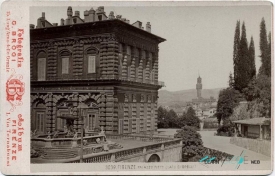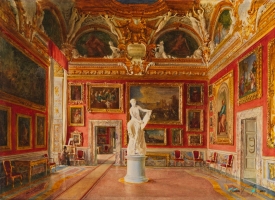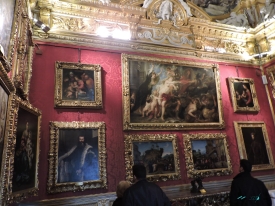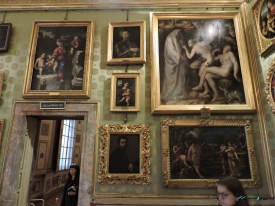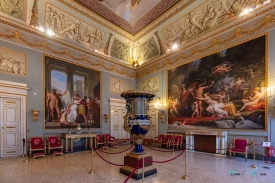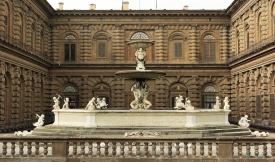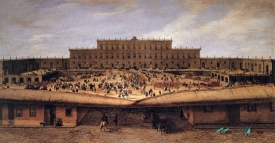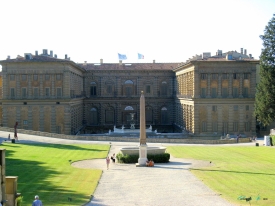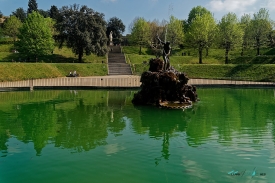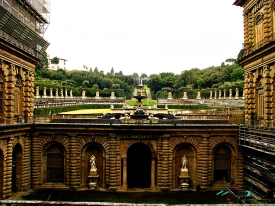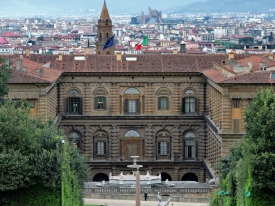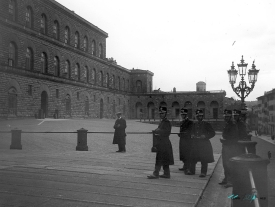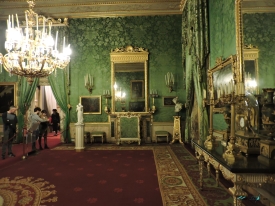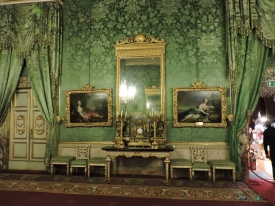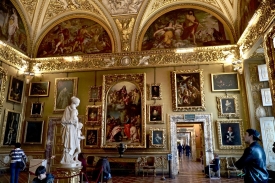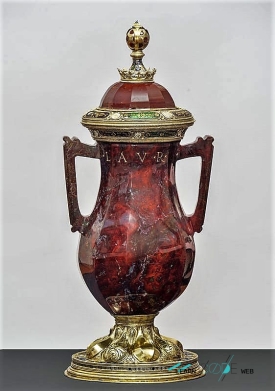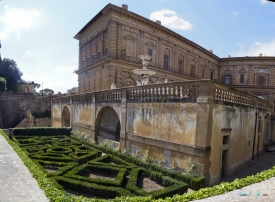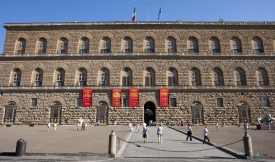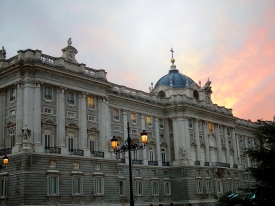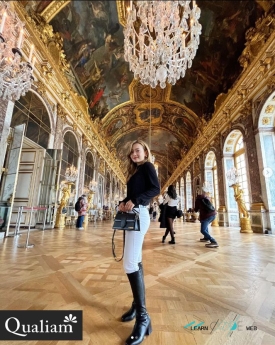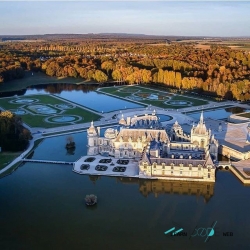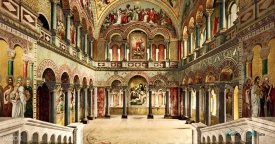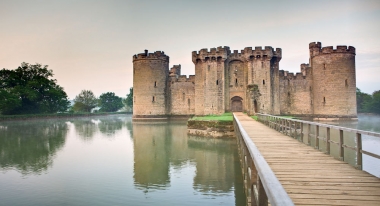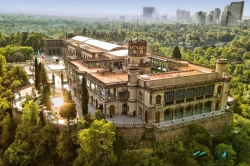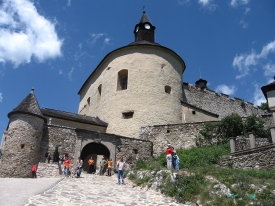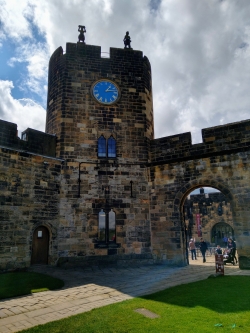ABOUT Palazzo Pitti
Palazzo Pitti, an impressive Renaissance palace in Florence, stands in the Oltrarno district, a short distance from the iconic Ponte Vecchio. Initially constructed in 1458 as an urban residence for banker Luca Pitti, it was acquired by the Medici family in 1549, becoming the principal residence of the Grand Dukes of Tuscany, including the Medici and later the Habsburg-Lorraine family. Following Italy's unification, it served as the royal palace for the House of Savoy during the period when Florence was the capital of Italy (1865-70). In 1919, King Victor Emmanuel III donated the palace to the state, transforming it into a public museum.
In 2014, the Italian Ministry of Cultural Heritage unified Palazzo Pitti, the Boboli Gardens, and the Uffizi Gallery under a single administration, forming the Uffizi Galleries, an autonomous entity. This integration has further enhanced the cultural significance of Palazzo Pitti, making it one of Italy's most visited museums, with 650,612 visitors in 2022.
Throughout the 17th century, the palace underwent further expansions, including the addition of the impressive courtyard by Ammannati and the enhancement of the facade facing Piazza Pitti. Notable events, such as naval battles and grand weddings, took place in the palace's courtyard. Sporadic additions and modifications continued over the centuries, reflecting the tastes and needs of its various occupants.
Palazzo Pitti also holds a significant place in the history of Italian fashion. On July 22, 1952, the palace's Sala Bianca hosted the first Italian haute couture fashion show, marking the birth of Italian high fashion. This historic event was chronicled by a young Oriana Fallaci for the magazine Epoca.
Palazzo Pitti is not just a historical palace but a vibrant center of culture, art, and fashion. Its rich history, architectural grandeur, and extensive collection of museums make it a must-visit destination in Florence, offering a glimpse into the opulent lives of Tuscany's grand dukes and Italy's royal family.
A Treasure Trove of Museums
Palazzo Pitti is home to an exceptional collection of museums. The Palatine Gallery, arranged in the style of an 18th-century picture gallery, boasts masterpieces by Raphael and Titian. The palace also features the Royal Apartments, the Duchess of Aosta's apartment, and the Prince of Naples' quarters, although these areas are typically not open to tourists. Other notable museums within the palace include the Gallery of Modern Art, showcasing works by the Macchiaioli, the Treasury of the Grand Dukes, dedicated to applied arts, the Museum of Fashion and Costume, Italy's premier fashion museum, the Porcelain Museum, and the Carriage Museum. The palace is complemented by the Boboli Gardens, one of the finest examples of Italian-style gardens globally.In 2014, the Italian Ministry of Cultural Heritage unified Palazzo Pitti, the Boboli Gardens, and the Uffizi Gallery under a single administration, forming the Uffizi Galleries, an autonomous entity. This integration has further enhanced the cultural significance of Palazzo Pitti, making it one of Italy's most visited museums, with 650,612 visitors in 2022.
Architectural and Historical Significance
Upon its construction, Palazzo Pitti was the largest and most luxurious residence in Florence. Luca Pitti, a rival of the Medici family, aimed to create a more grandiose residence than that of Cosimo the Elder. Although Pitti could not complete the palace due to political and financial troubles, the Medici family, recognizing the potential of the Oltrarno district's healthier environment, purchased and expanded the palace. Under their patronage, significant renovations and expansions were carried out by renowned architects such as Bartolomeo Ammannati, Niccolò Tribolo, and Giorgio Vasari.Throughout the 17th century, the palace underwent further expansions, including the addition of the impressive courtyard by Ammannati and the enhancement of the facade facing Piazza Pitti. Notable events, such as naval battles and grand weddings, took place in the palace's courtyard. Sporadic additions and modifications continued over the centuries, reflecting the tastes and needs of its various occupants.
The Boboli Gardens
The Boboli Gardens, a historical park in Florence, were developed between the 16th and 19th centuries by the Medici, Habsburg-Lorraine, and Savoy families. Spanning approximately 45,000 square meters, the gardens feature a variety of landscapes, sculptures, and architectural elements, making it a prime example of Italian garden design. The gardens, which receive over 800,000 visitors annually, are connected to the Forte di Belvedere, a military outpost ensuring the safety of the sovereign and their family.Palazzo Pitti also holds a significant place in the history of Italian fashion. On July 22, 1952, the palace's Sala Bianca hosted the first Italian haute couture fashion show, marking the birth of Italian high fashion. This historic event was chronicled by a young Oriana Fallaci for the magazine Epoca.
Palazzo Pitti is not just a historical palace but a vibrant center of culture, art, and fashion. Its rich history, architectural grandeur, and extensive collection of museums make it a must-visit destination in Florence, offering a glimpse into the opulent lives of Tuscany's grand dukes and Italy's royal family.



